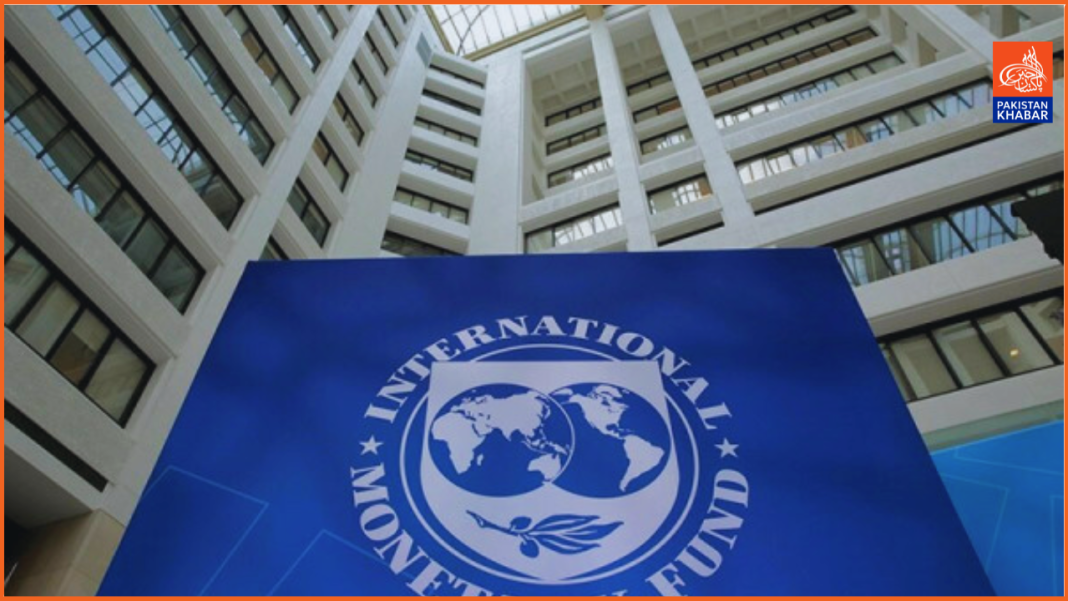Pakistan has assured the visiting IMF mission that it will begin collecting taxes on agricultural income starting January 2025. In a bid to meet its fiscal targets and enhance revenue collection, the government has expedited legislative efforts at the provincial level. The Punjab Assembly has already approved the Agricultural Income Tax (AIT) law, setting a precedent for other provinces. The Khyber Pakhtunkhwa government is also preparing to introduce the bill, while Sindh’s position remains uncertain, given the Pakistan People’s Party’s opposition to the AIT in Punjab.
Despite missing a structural benchmark set with the IMF for the approval of the AIT by October 2024, Pakistan is now pushing ahead with the legislation, aiming for implementation by January 1, 2025. The IMF delegation, which visited Pakistan from November 12 to 15, was briefed on the ongoing efforts and the potential of agricultural taxes in Pakistan. Currently, the country collects around Rs 8 billion from agricultural taxes, but estimates suggest the sector could generate as much as Rs 2,300 billion annually. Initial collections are projected to reach Rs 1,050 billion.
The IMF mission also expressed concerns about the Federal Board of Revenue’s (FBR) target of Rs 12,970 billion in tax collections for the fiscal year, and Pakistan’s $2.6 billion external financing gap. In response, Pakistan assured the IMF that measures would be taken to meet the external financing gap and that the FBR’s target would remain intact. These measures include the enforcement of stricter tax policies, such as freezing bank accounts and imposing restrictions on non-filers.
In addition, discussions between the IMF and provincial governments focused on the implementation of structural reforms, particularly in the agriculture and livestock sectors. The IMF noted some progress on these fronts, including the introduction of the agricultural tax, but stressed the importance of continued reforms to meet fiscal targets.
The IMF delegation also reviewed Pakistan’s fiscal performance for the first quarter of FY 2024-25. Pakistan reported a provincial surplus of Rs 40 billion in Punjab, which was achieved through adjustments in the budgetary framework. This surplus, along with progress on agricultural tax reforms, was welcomed by the IMF, although the delegation is expected to issue a formal statement upon returning to Washington.
Overall, the talks with the IMF underscore Pakistan’s commitment to fiscal reforms and strengthening its economic position, though several challenges remain ahead.




